Research Area
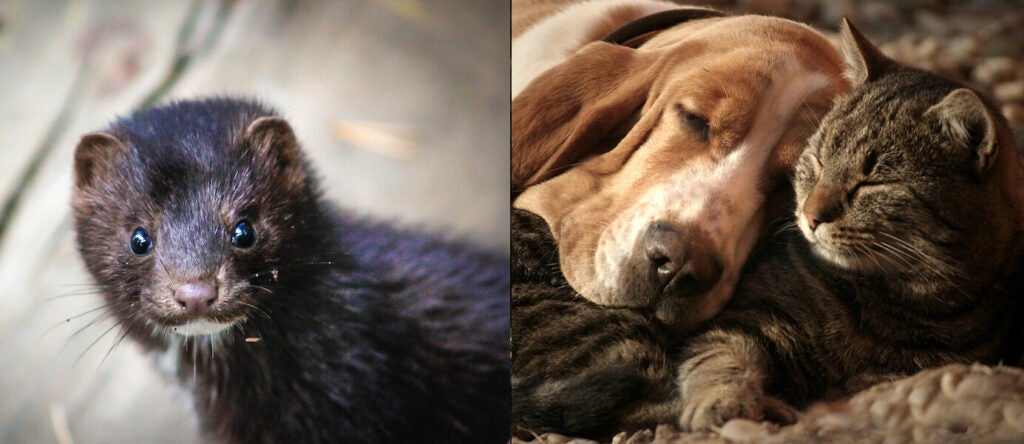
From animals to people and back again (link is external)
Last month, it was gorillas. Before that, it was mink. And earlier still, tigers and lions. All of these species have been confirmed to have had a diagnosis of COVID-19,…
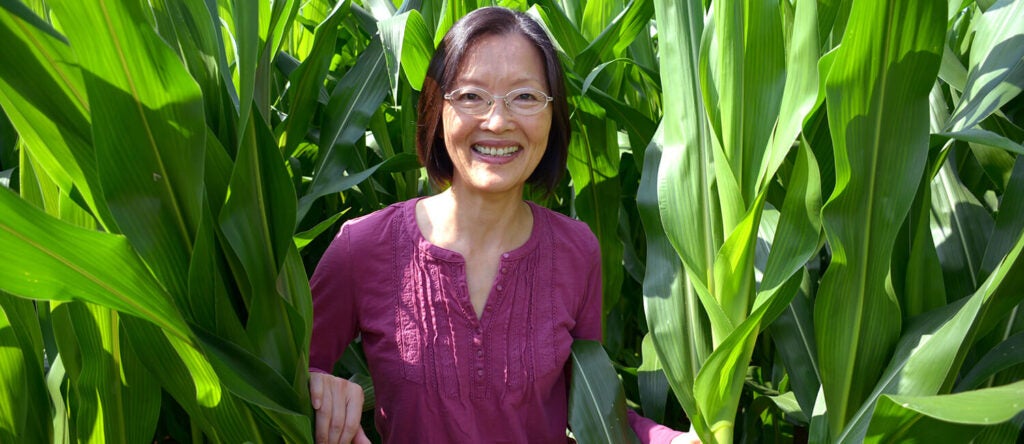
Amazing Cows Hold Promise in Pioneering Sustainable Food Systems of the Future
In today’s climate change narrative, animal-based agriculture often endures criticism for its alleged contributions to the global problem. With some naysayers ranking the industry second only to the population explosion…
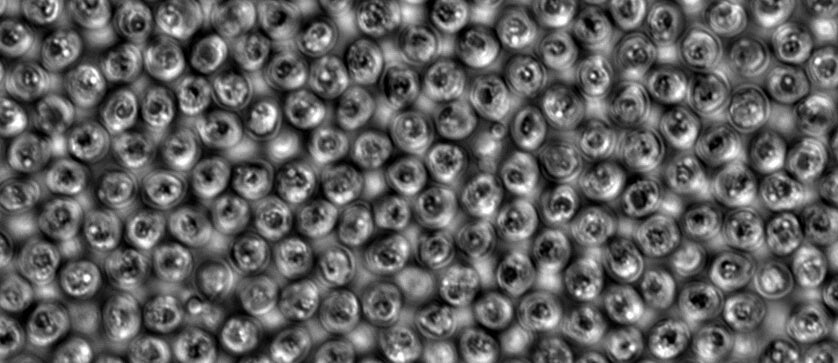
Gut cells sound the alarm when parasites invade (link is external)
To effectively combat an infection, the body first has to sense it’s been invaded, and then the affected tissue must send signals to corral resources to fight the intruder.

Penn Vet’s Gustavo D. Aguirre Wins the Sanford and Susan Greenberg Prize for Ending Blindness
Penn Vet’s Dr. Gustavo D. Aguirre is the recipient of the Sanford and Susan Greenberg End Blindness Outstanding Achievement Prize which distinguishes scientists for their groundbreaking medical contributions to eradicate blindness.
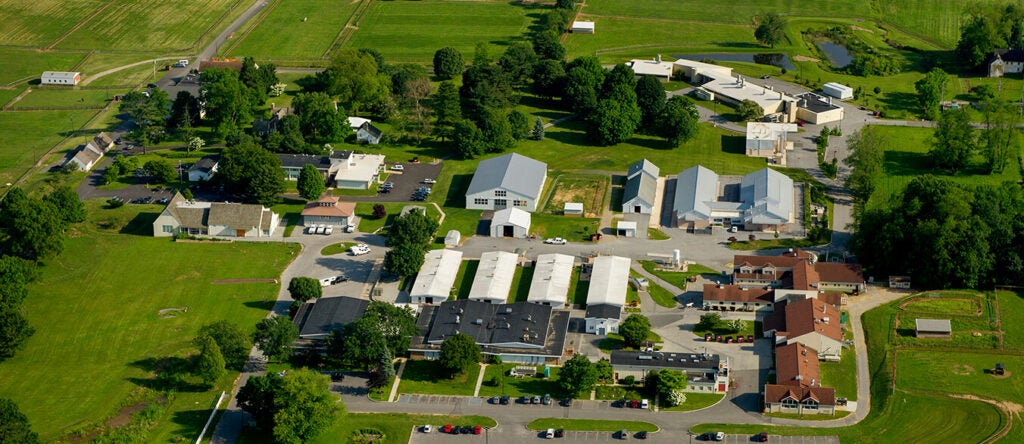
AAEP Bestows Research Award upon Renowned Theriogenologist Dr. Katrin Hinrichs (link is external)
The American Association of Equine Practitioners presented the 2020 AAEP Research Award to Katrin Hinrichs, DVM, Ph.D., DACT, whose pioneering research in the field of equine assisted reproductive techniques (ART) has transformed…
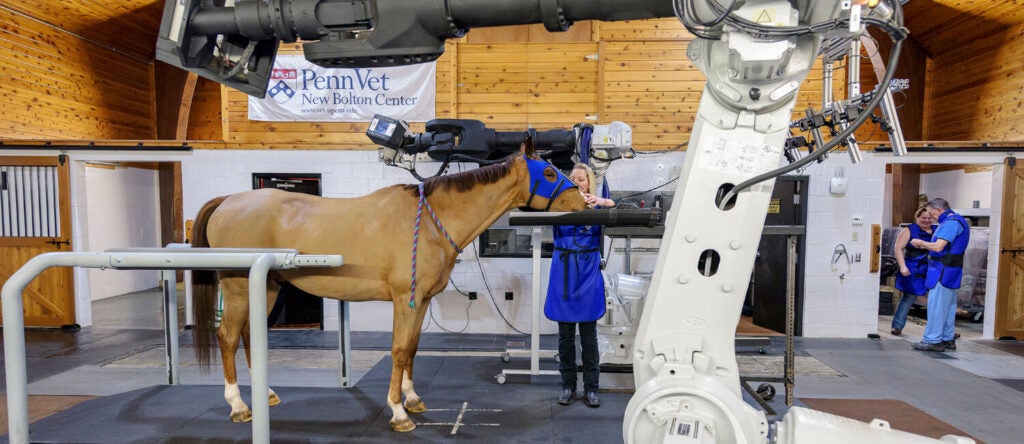
Inaugural Penn Vet New Bolton Center, MARS Equestrian™ research program to accelerate transformative advancements in equine musculoskeletal health
Together with MARS Equestrian™, the University of Pennsylvania’s School of Veterinary Medicine (Penn Vet) has launched an innovative educational research program dedicated to advancing critical frontiers in equine health.
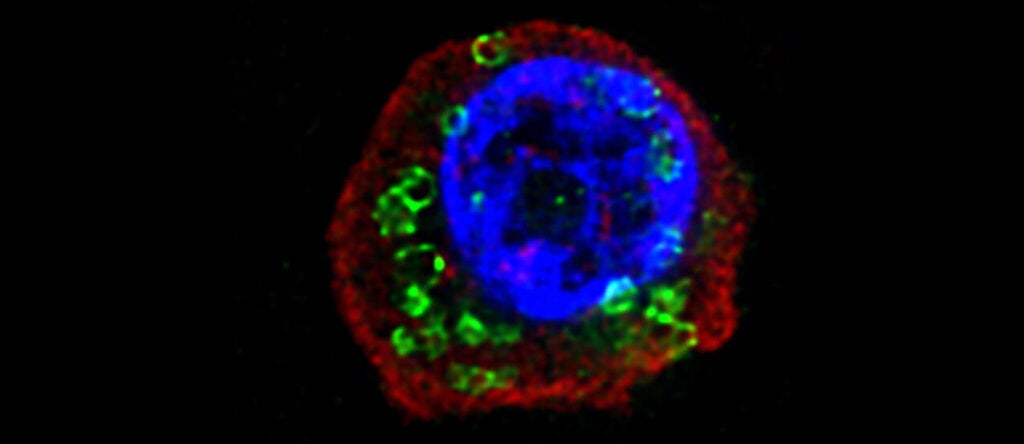
Parasitic worms offer ‘the missing link’ on the dual nature of a key immune regulator (link is external)
De’Broski Herbert has a philosophy that’s guided his career researching helminths, or parasitic worms, and their interaction with their hosts’ immune systems: “Follow the worm.”

Five Penn faculty elected to the National Academy of Medicine (link is external)
Five faculty members from Penn have been elected to the National Academy of Medicine (NAM), one of the nation’s highest honors in the fields of health and medicine, including Penn Vet’s Dr. William…
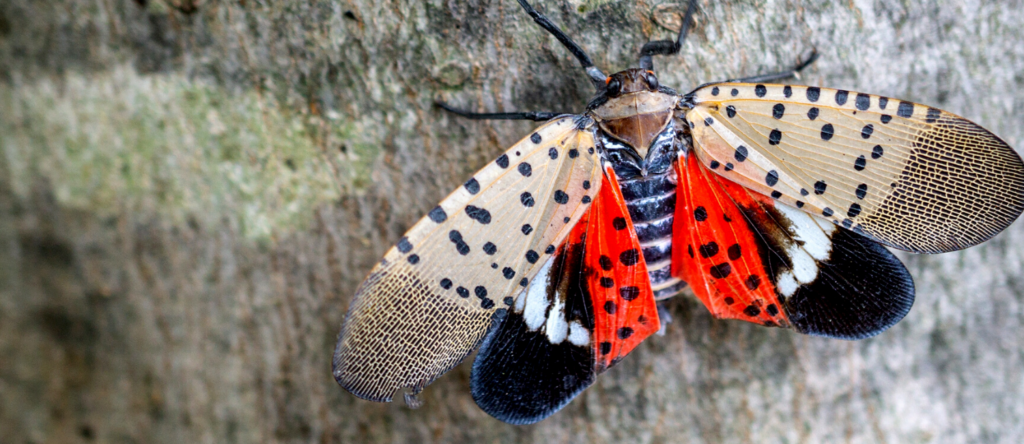
Novel canine scent detection program holds promise in PA’s fight against Spotted Lanternfly
A new pilot training program from the University of Pennsylvania’s School of Veterinary Medicine (Penn Vet) points to a promising solution in Pennsylvania’s efforts to thwart the Spotted Lanternfly. By utilizing…
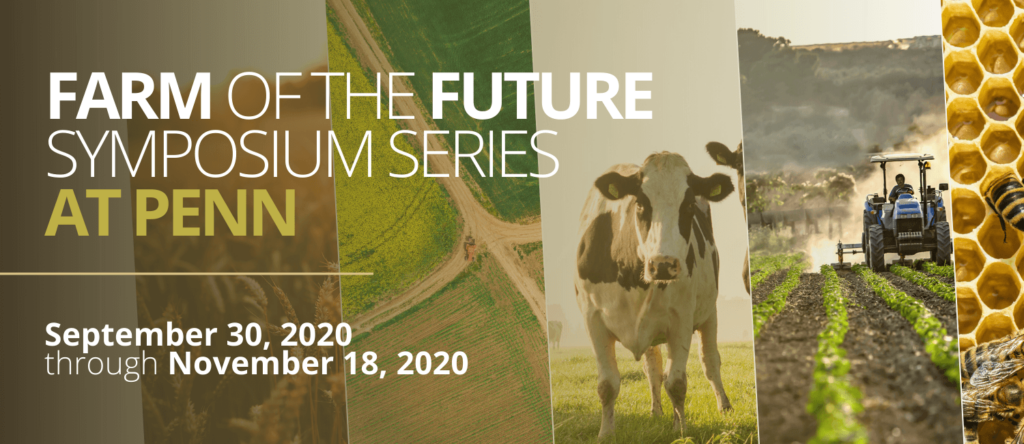
Creating ‘Farms of the Future’: New Penn-led webinar series to host grassroots discussions about sustainable, regenerative agriculture
A new virtual symposium series presented by the University of Pennsylvania’s School of Veterinary Medicine (Penn Vet), in collaboration with PennPraxis, the community engagement arm at the University of Pennsylvania Stuart Weitzman School…
Sort By
- Research Laboratories (1)
- ASMG Laboratory - Microbial Genomics (2)
- Lengner Laboratory (3)
- New Bolton Center PADLS (3)
- Anguera Laboratory (4)
- Wang Laboratory (5)
- Puré Laboratory (1)
- Ortved Orthopedic Regenerative Medicine Laboratory (4)
- Wolfe Laboratory (1)
- Dou Laboratory (3)
- Lennon Mucosal Immunology Laboratory (1)
- Brinster Laboratory of Reproductive Physiology (2)
- Equine Pharmacology Research Laboratory (5)
- Hunter Laboratory (4)
- Sunyer Laboratory (3)
- Harty Laboratory (3)
- Mason Immunotherapy Research Laboratory (3)
- Sylvia M. Van Sloun Laboratory (1)
- Scott Laboratory (1)
- Sasaki Laboratory (1)
- Vaughan Laboratory (1)
- Modzelewski Laboratory (1)
- Research Institutes (35)
- Research Programs (3)
- Research Centers (1)
- Research Cores (5)
